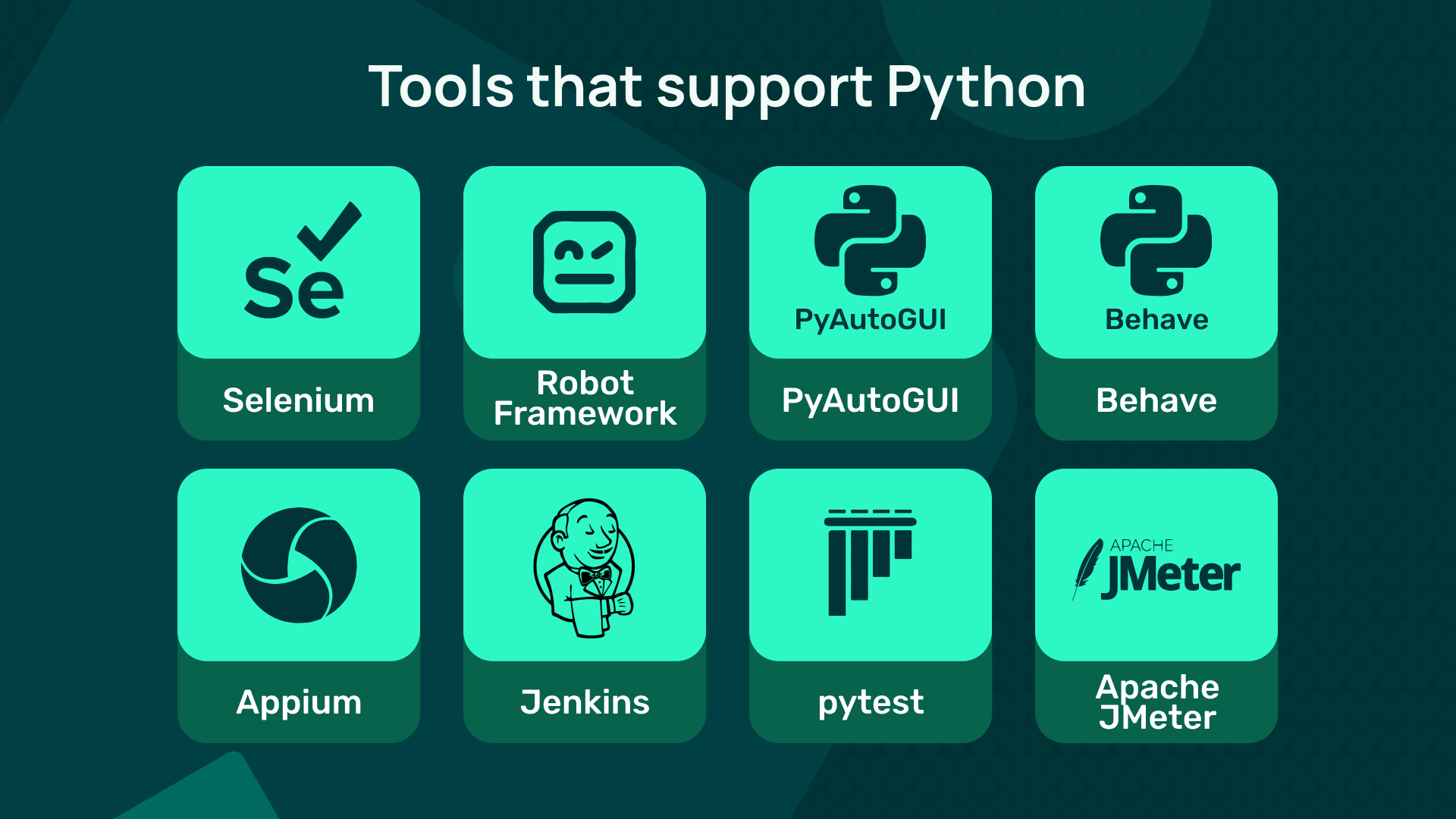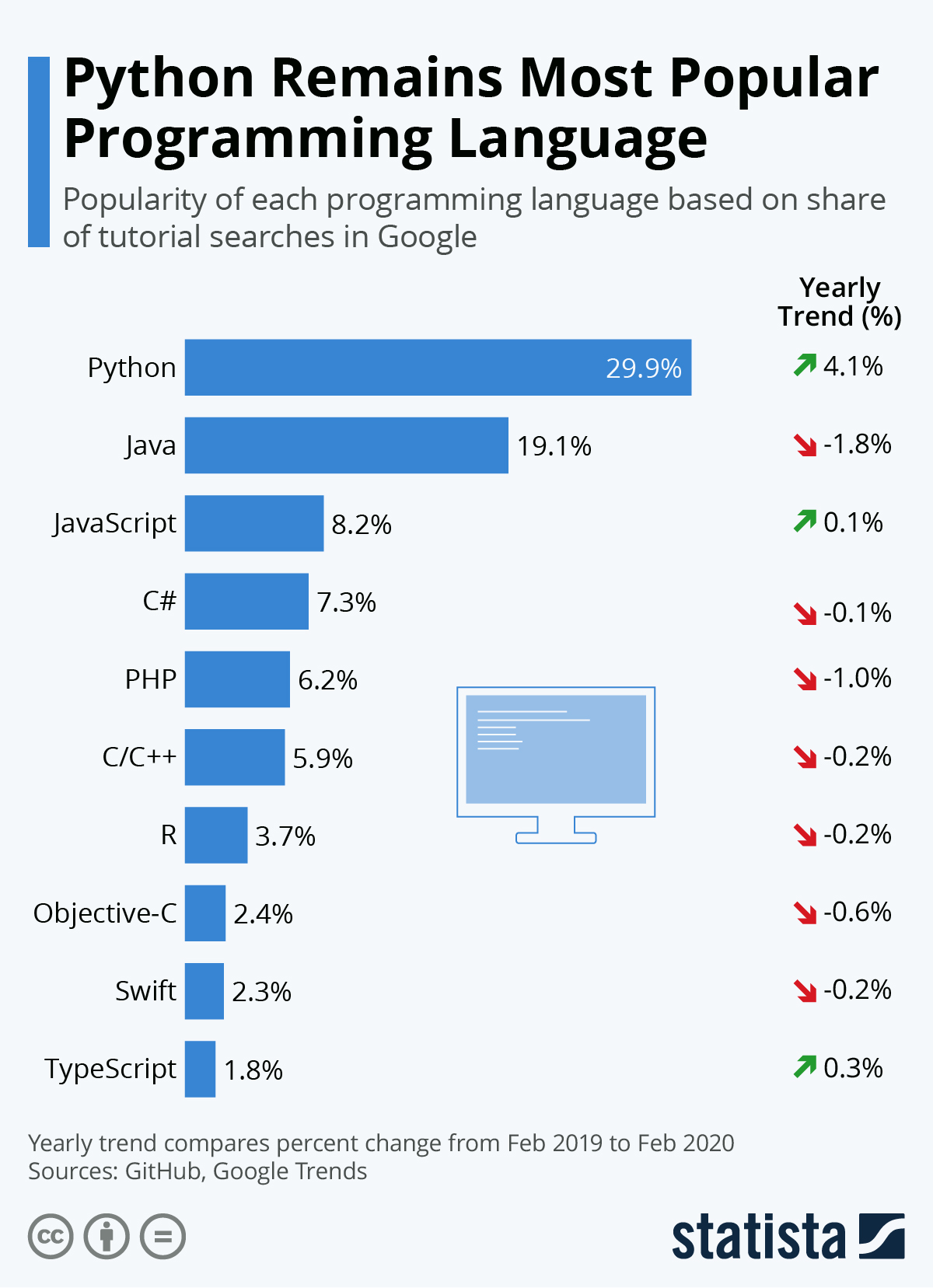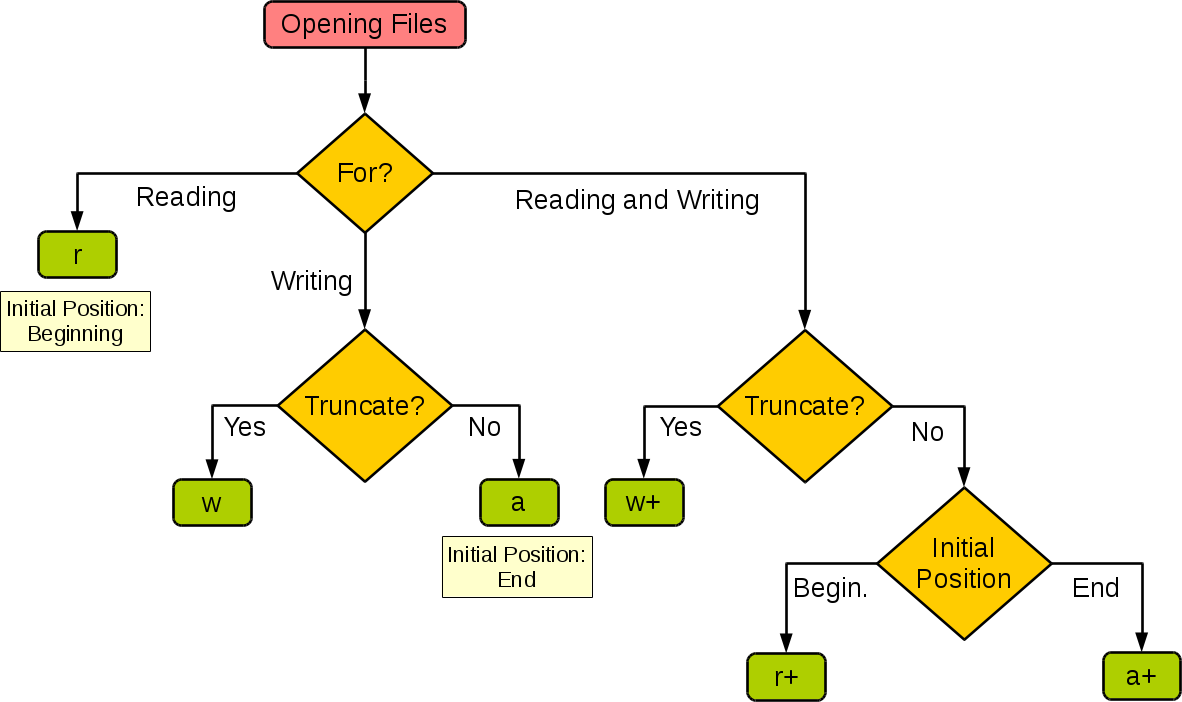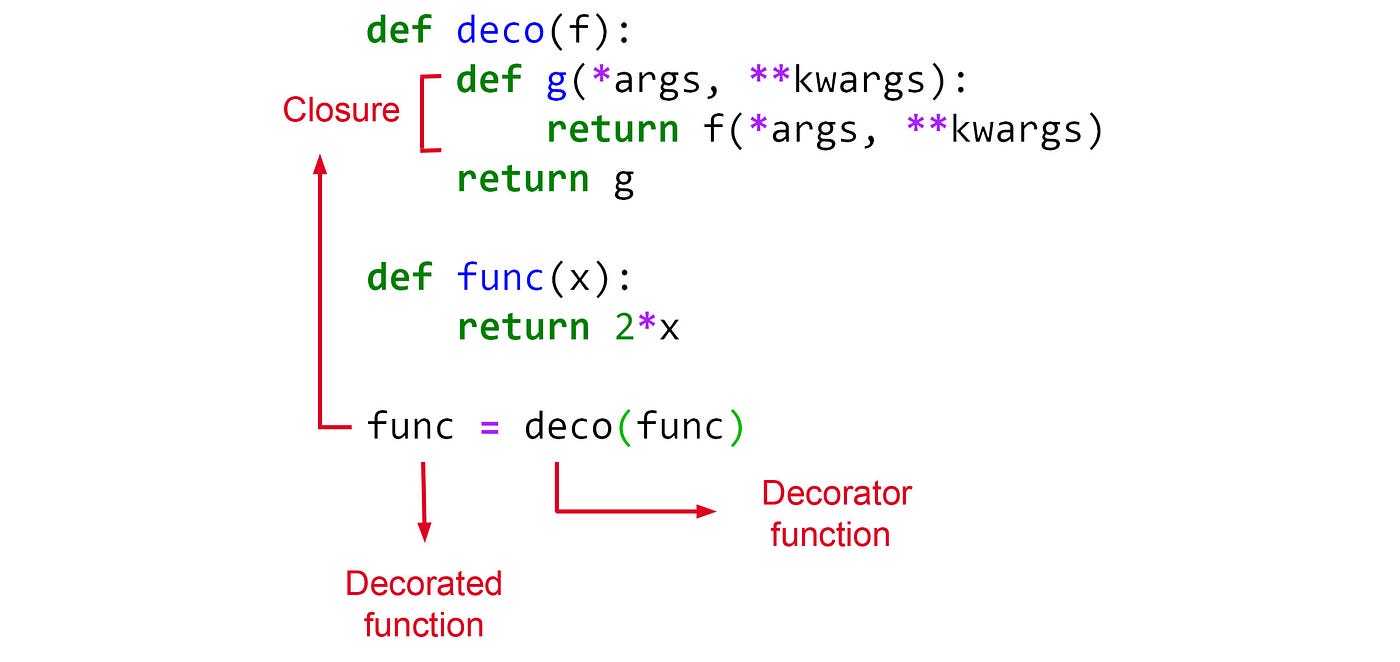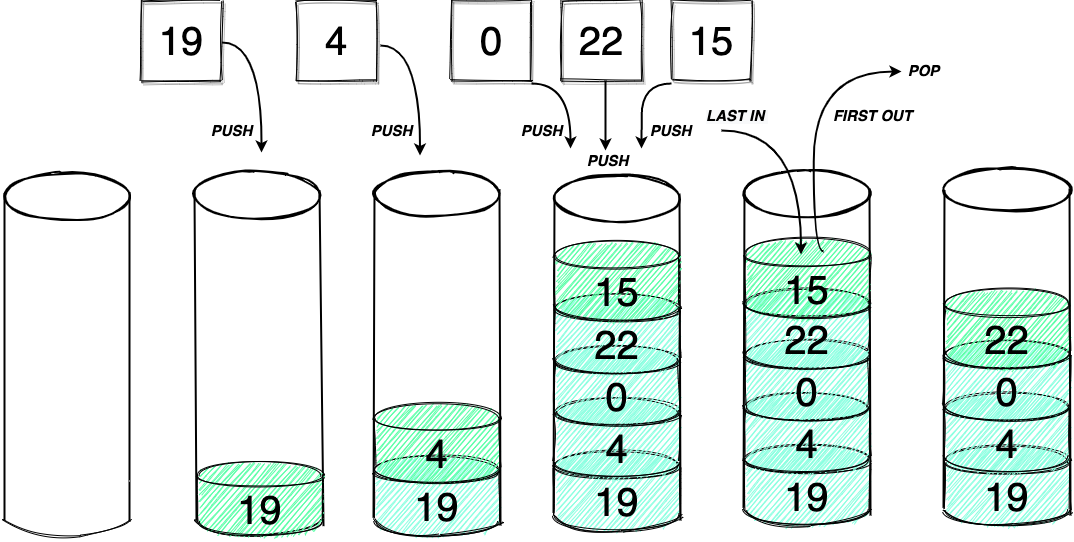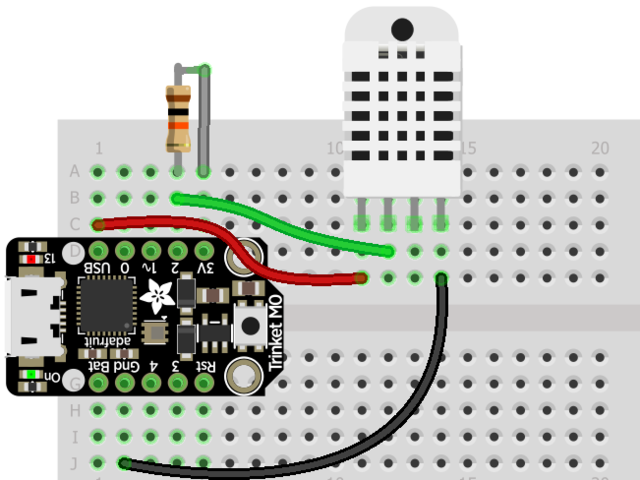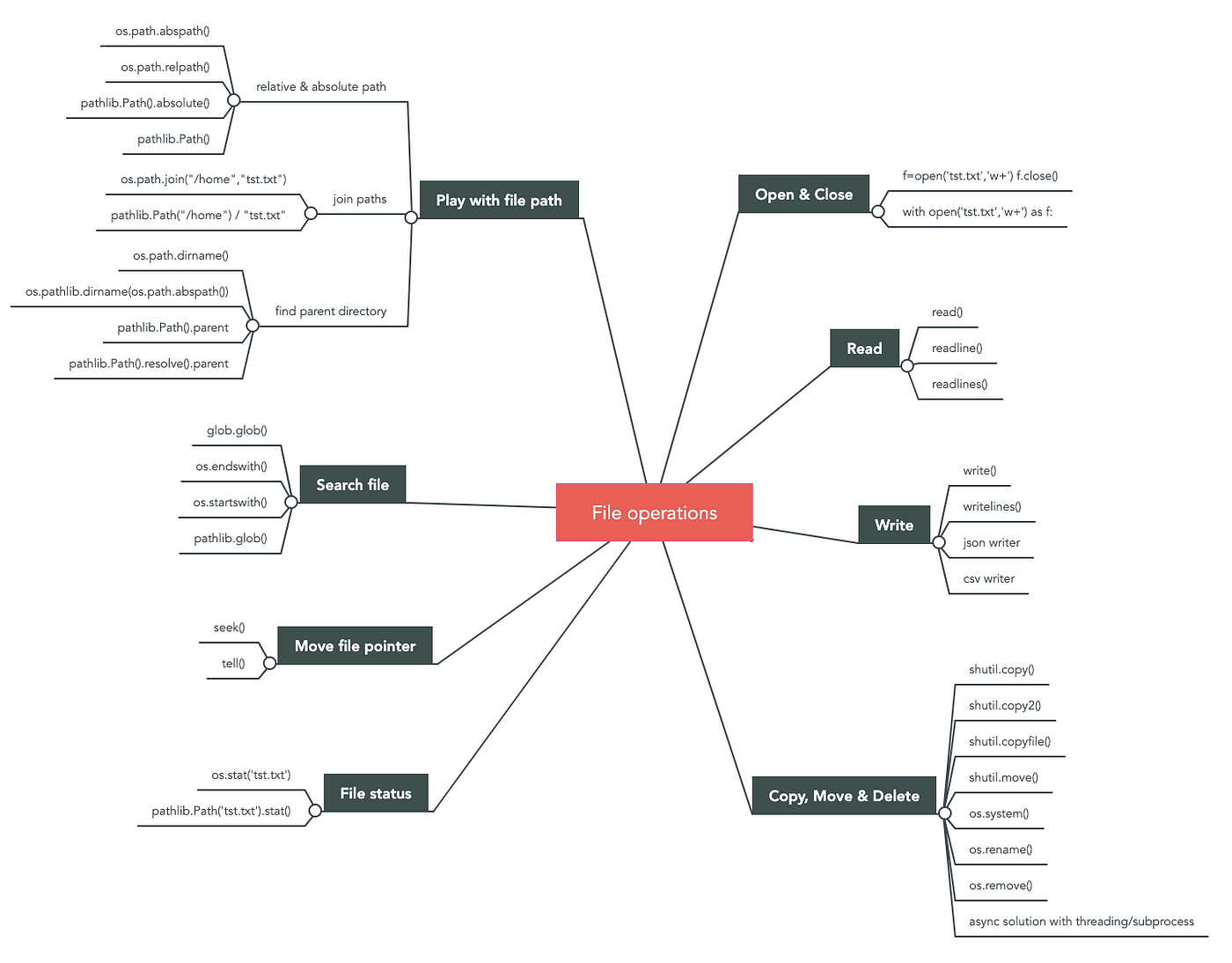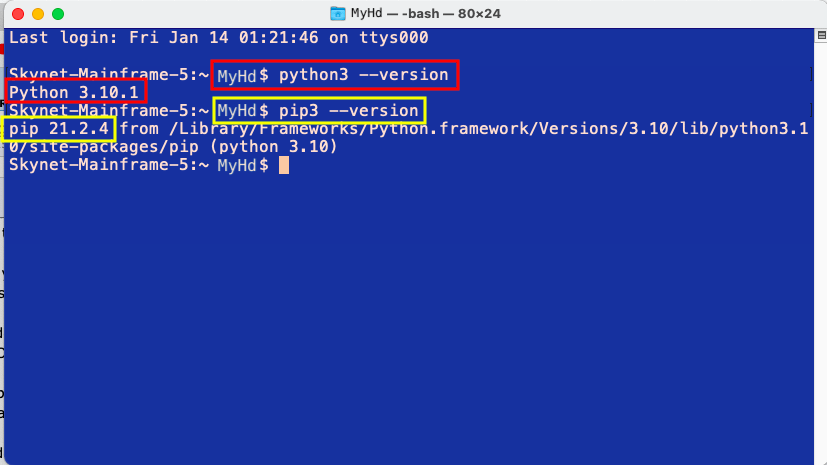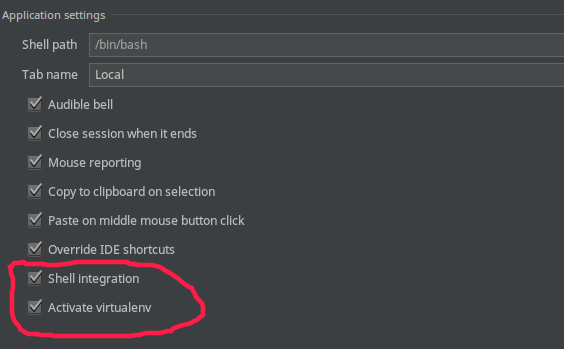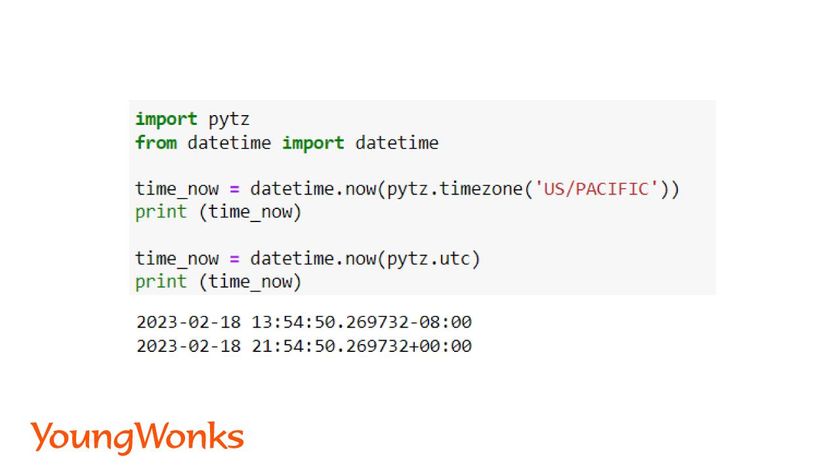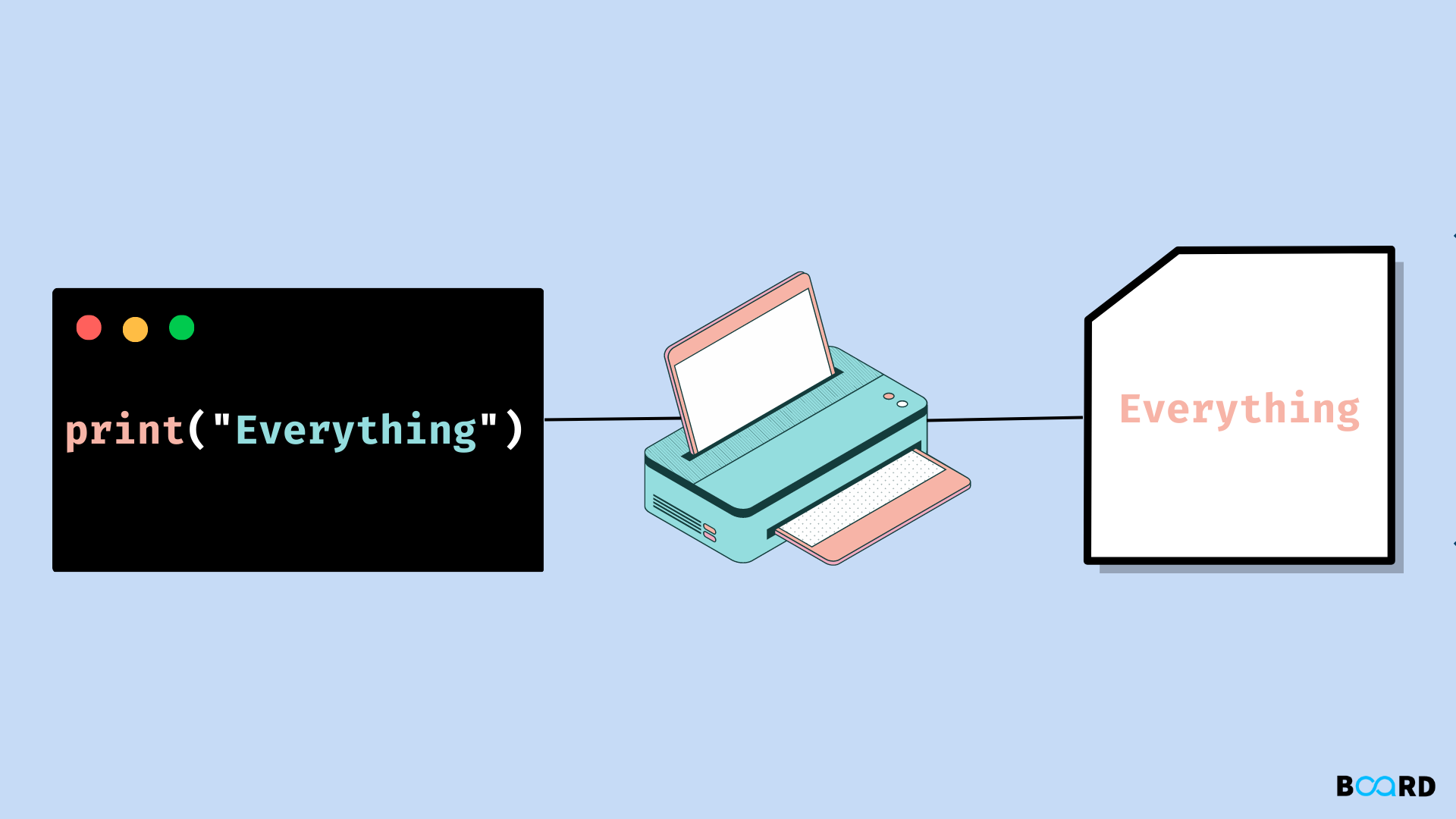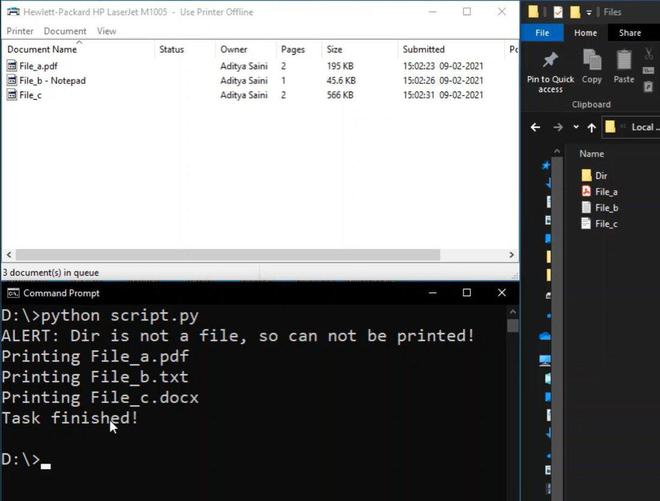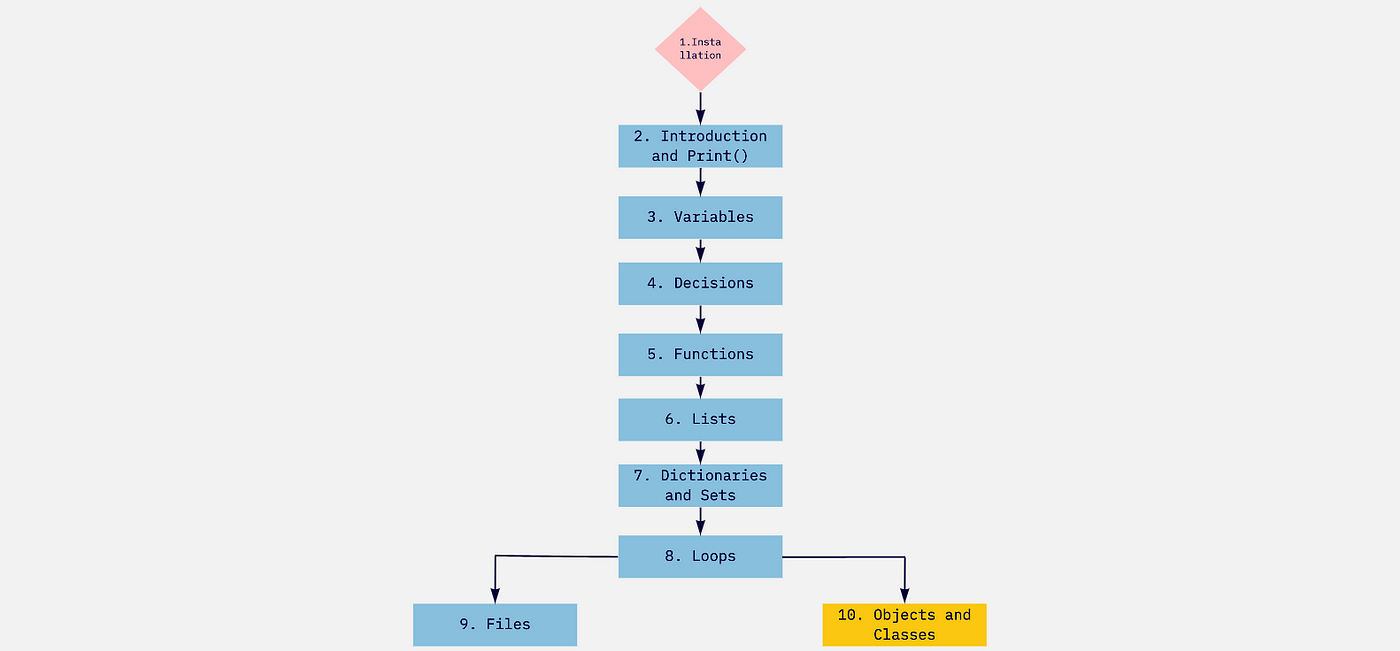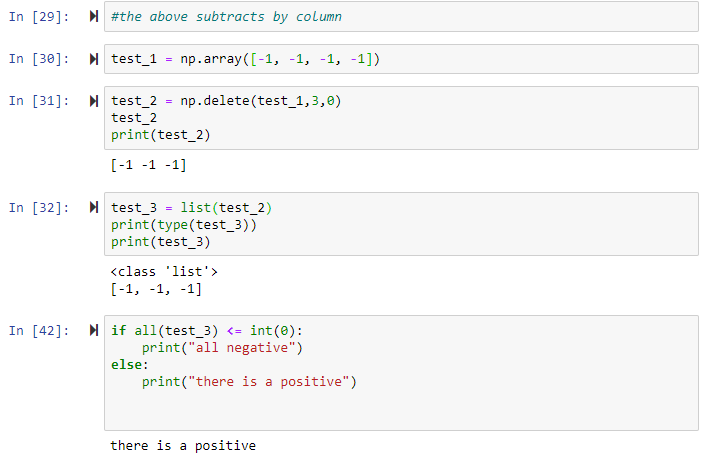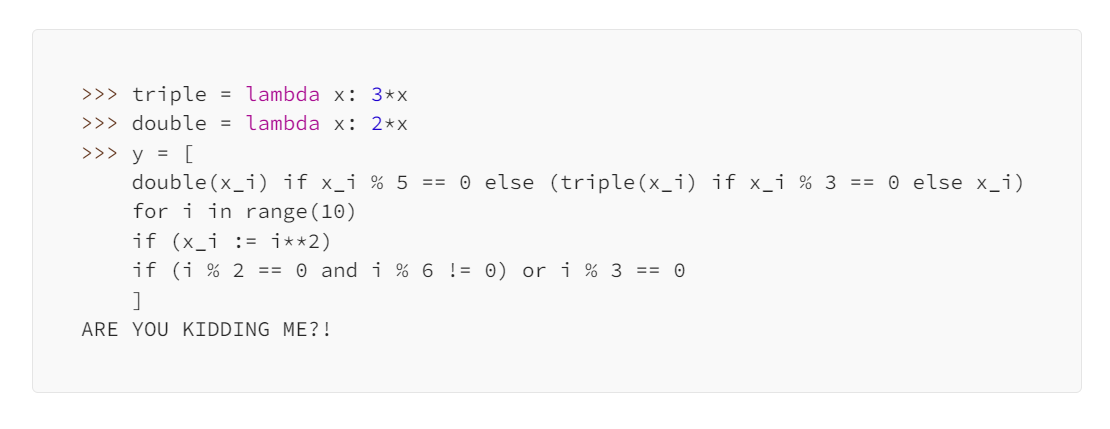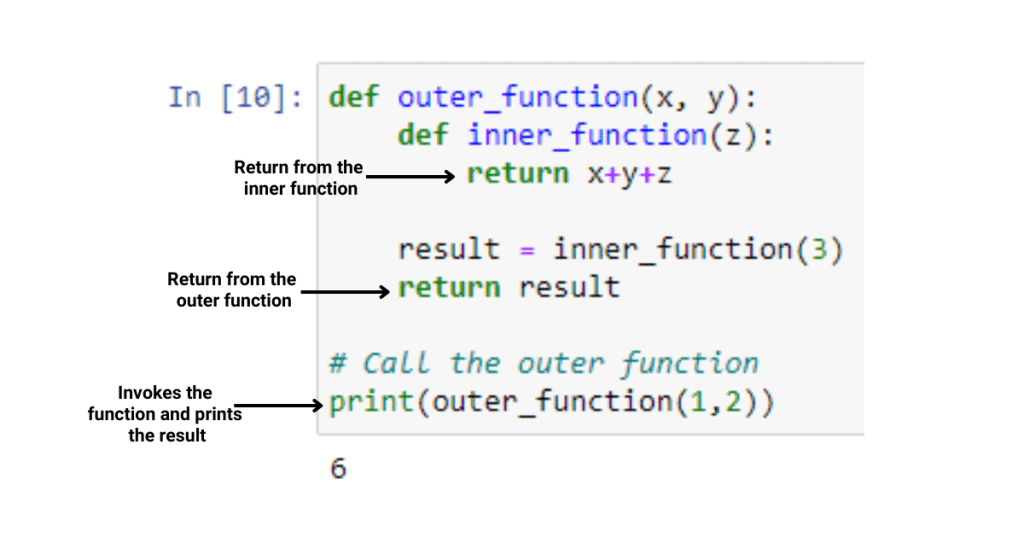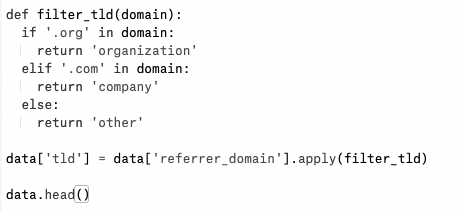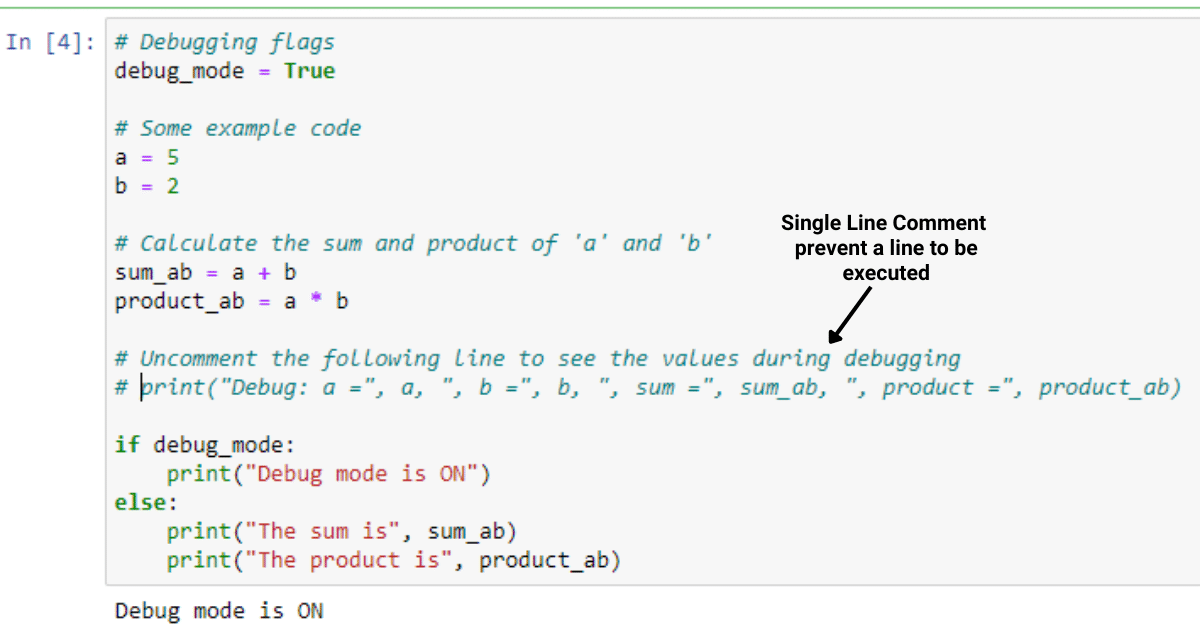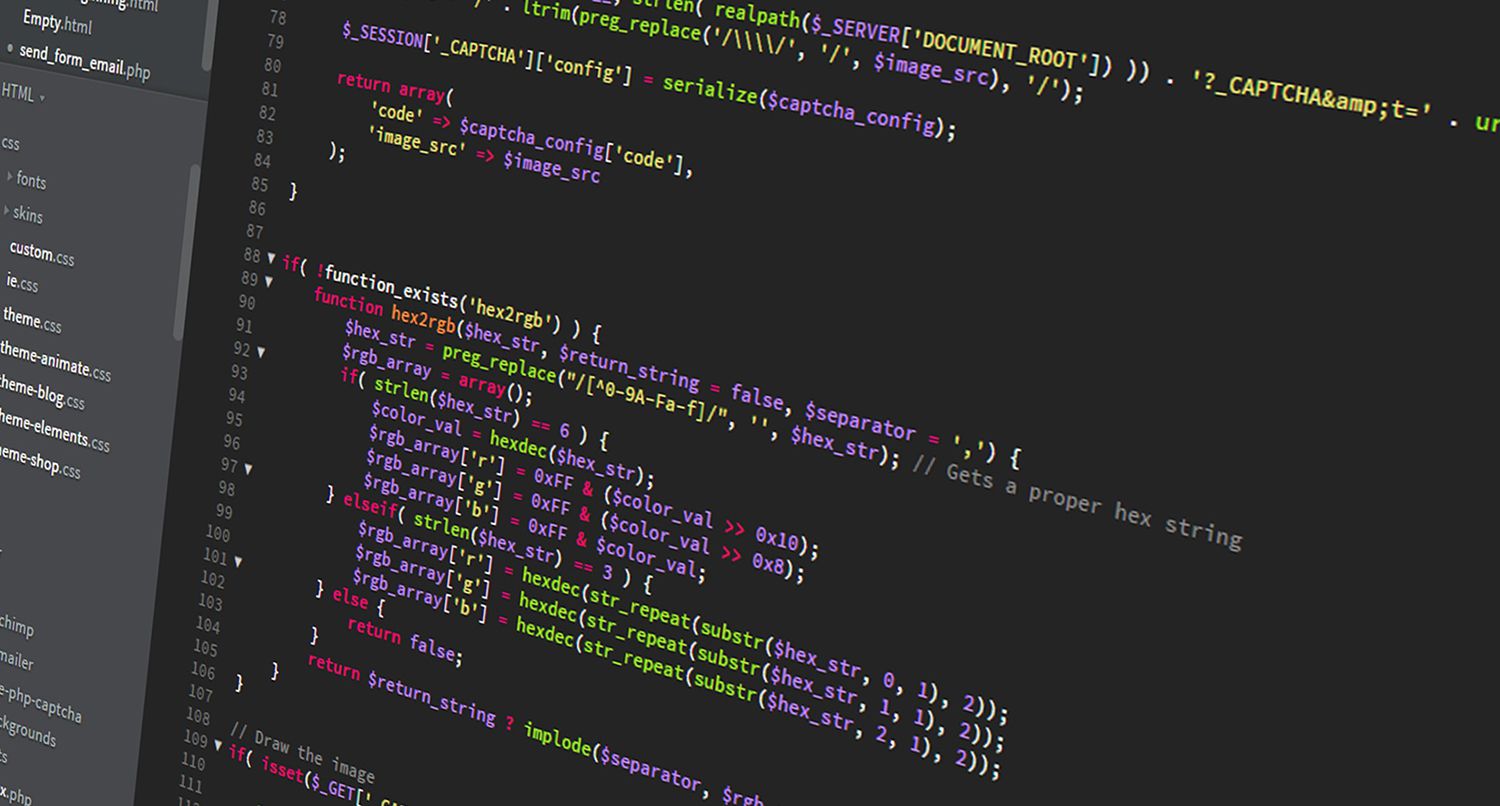What is the difference between local and global variables in Python?
What is the difference between local and global variables in Python?
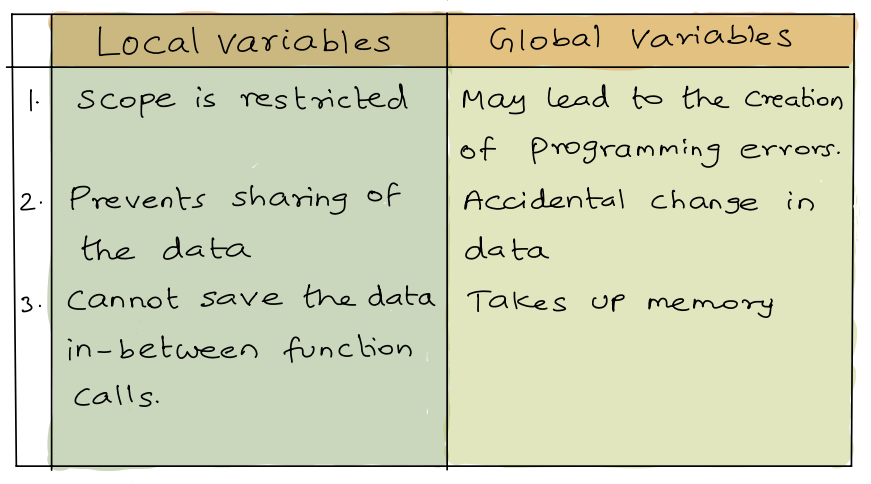
In Python, variables can be classified into two main categories: local variables and global variables.
Local Variables:
A local variable is a variable that is defined within a specific scope, typically inside a function or a block of code (such as an if-statement or a loop). When a variable is declared inside a function or block, it is only accessible within that scope and not outside. This means that the value of a local variable cannot be modified from outside its declaration scope.
Here's an example of how to define a local variable:
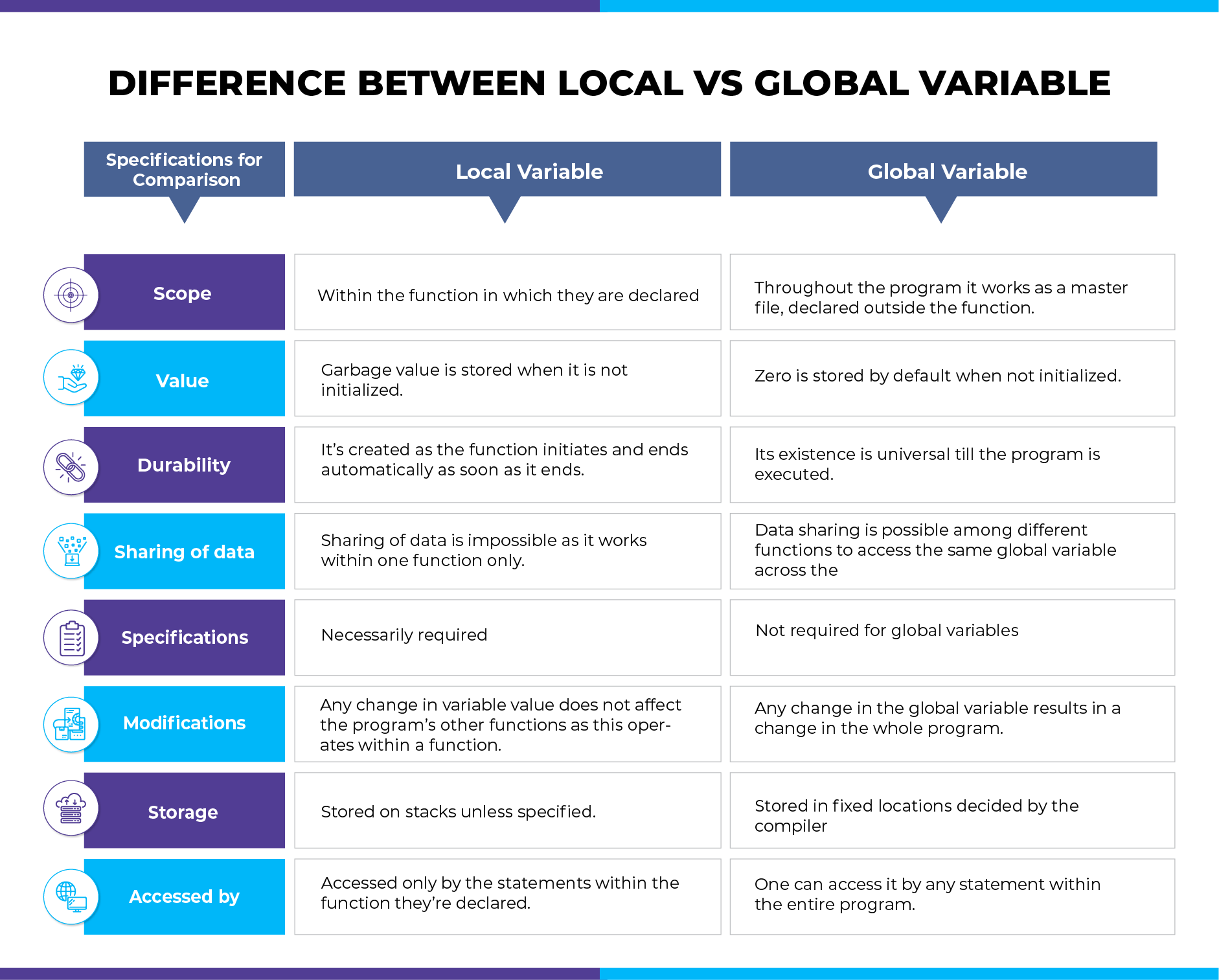
def my_function():
x = 5
print(x) # prints: 5
my_function()
print(x) # throws NameError, since x is not defined globally
In this example, the variable x is declared inside the function my_function. When we try to access x outside the function, Python raises a NameError, indicating that x is not defined in the current scope.
Global Variables:
A global variable, on the other hand, is a variable that is defined at the top-level of your script or program. It is accessible from any part of the code and can be modified from anywhere within its scope. In Python, if you do not specify the global keyword when assigning a value to a variable inside a function, it will automatically become a local variable.
Here's an example of how to define a global variable:
x = 10
def my_function():
print(x) # prints: 10
x = 5
print(x) # prints: 5
my_function()
print(x) # prints: 5
In this example, the variable x is declared outside of any function or block. When we try to access x from within a function, its value remains unchanged, but when we assign a new value to x, it becomes modified globally.
Key differences between local and global variables:
Scope: Local variables are only accessible within the scope where they were declared, while global variables can be accessed from anywhere in your code. Modifiability: Local variables cannot be changed from outside their declaration scope, whereas global variables can be modified by any part of your code. Visibility: Local variables are invisible to other parts of your code unless explicitly returned or passed as arguments to functions. Global variables, on the other hand, can be accessed directly.To summarize:
Local variables are declared inside a function or block and have limited scope and modifiability. Global variables are declared at the top-level of your script and have broader scope and modifiability.What are global variables in Python?
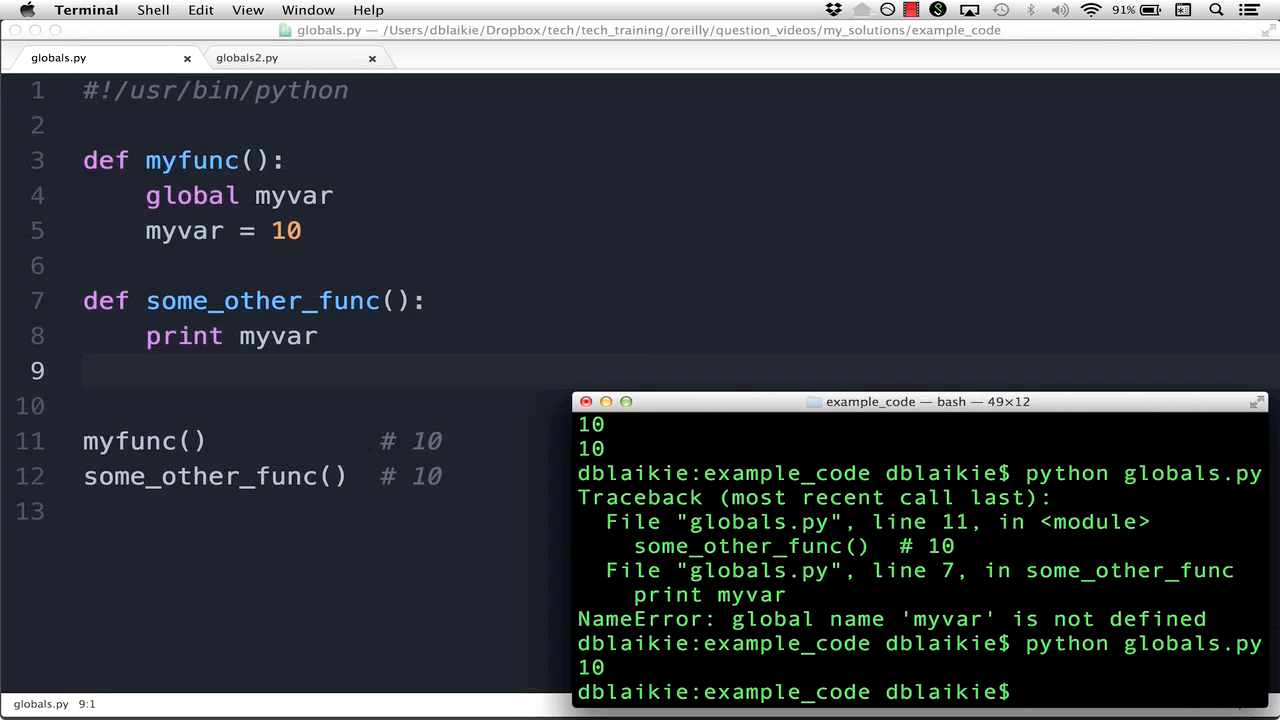
I'm happy to help!

In Python, a global variable is a variable that can be accessed from any part of the program, including functions and methods. Global variables are defined outside of any function or method and are accessible throughout the entire program.
When you define a variable in the global scope (i.e., at the top level of your script), it becomes a global variable. This means that all functions and methods in your program can access this variable, even if they are not explicitly passed as an argument to those functions or methods.
Here are some key characteristics of global variables in Python:
Accessibility: Global variables can be accessed from anywhere in the program. Scope: They have a scope that extends throughout the entire program. Assignment: You can assign values to global variables using theglobal statement, or by simply assigning a value to it (Python will automatically recognize it as a global variable). Mutability: Global variables are mutable, meaning their values can be changed from anywhere in the program.
To illustrate this, let's consider an example:
# Define a global variablex = 10
def my_function():
Access the global variableprint(x) # prints 10
my_function() # outputs: 10
In this example, the x variable is defined in the global scope. The my_function() function can access and print the value of x, even though it's not a local variable or an argument to that function.
Global variables can be useful when:
Sharing data: You want to share data between functions or methods. Configuration settings: You have configuration settings that need to be accessed across different parts of your program. State management: You're implementing state management, where you need to maintain some information throughout the entire program.However, it's essential to use global variables judiciously, as excessive use can lead to:
Tight coupling: Over-reliance on global variables can create tight coupling between different parts of your code, making it harder to modify or extend. Namespace pollution: Many global variables can pollute the namespace, making it more challenging to understand and debug your program.In summary, global variables in Python are a convenient way to share data and state information across different parts of your program. However, they should be used thoughtfully, with consideration for the potential drawbacks, to ensure maintainable and efficient code.
